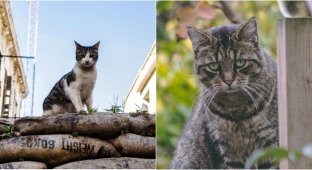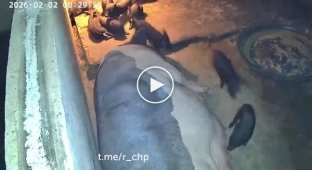Scotland wants to ban pets to protect native wildlife and birds. But Scots have come out against it. 
Scotland wants to ban domestic cats because they are causing irreparable damage to native mammal and bird populations. In a new report commissioned by Scottish National Party ministers, the Scottish Animal Welfare Commission (SAWC) discusses the extreme option of banning cats in some areas where wildlife is most at risk.
The Commission's report also explores the controversial idea of creating "cat containment zones" - designated areas of the country where mandatory restrictions could be imposed to prevent domestic cats, which often mix their genes with those of the Scottish wildcat, from moving and hunting. 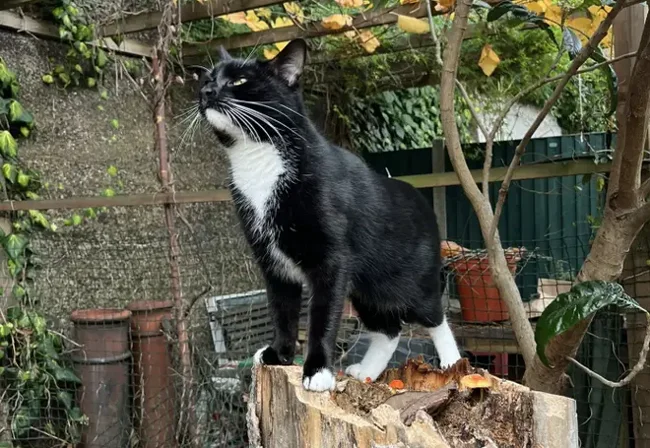
The report highlights that several parts of Australia have already created containment zones, which have strict rules that cats must be kept indoors at all times.
The only exceptions are when owners provide their pets with fenced outdoor areas or take their cats for walks on a lead.
While the Commission does not require Scottish ministers to implement the measures immediately, it does call for a study to look into "the introduction of cat-free zones… and restrictions on the number of cats in households in vulnerable areas".
While even the most ardent cat lovers may be appalled by the bloodthirsty hunting habits of their pets, and the number of mice and birds they catch, the idea of banning cats is likely to be controversial.
Broadcaster Jackie Bird said: "As someone whose three cats have generously allowed me to share their home with them, I advise MPs considering this report to be careful what they wish for." 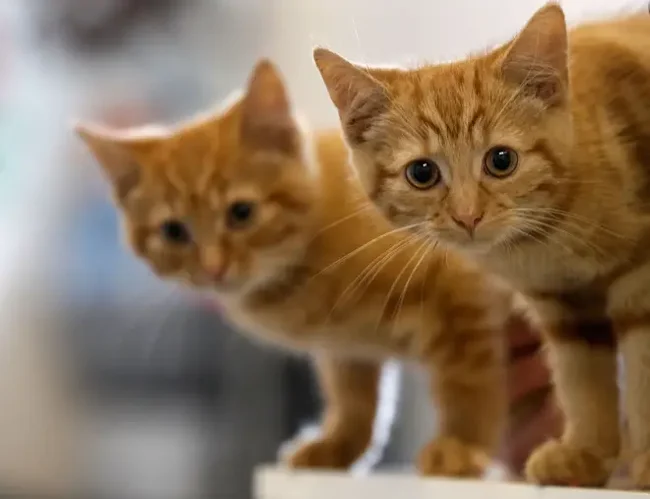
And the charity Cats Protection has criticised the possibility of a ban on cats.
"Scotland is a country of cat lovers. Cats are much-loved pets and for many people they are part of the family… We believe that anyone who can care for a cat should be able to enjoy these benefits," the charity said, adding that cats should be able to behave naturally "if they are to live happy and healthy lives."
The charity also warned that cats are different from dogs and will not like being walked on a leash.
In Australia, a cat curfew has already been introduced, with the central government also considering new control laws that would apply across the country.
As part of a "cat war" plan to curb the decimation of native wildlife, ministers are considering measures including night-time curfews, restrictions on the number of cats in a household and even cat-free suburbs.
Last year, Environment Minister Tanya Plibersek described cats as "dangerous and ruthless predators" and warned that several species of wildlife, including the greater bilby (a mammal similar to a long-eared rabbit), numbat (a small insect-eating marsupial) and Gilbert's potoroo (an endangered marsupial), were "on the brink of extinction".
Some local authorities have already introduced restrictions, including Melbourne, where some areas have a 24-hour cat ban.
In 2022, the capital Canberra launched a cat-friendly policy to protect local animals by banning cats from going outside without a leash. 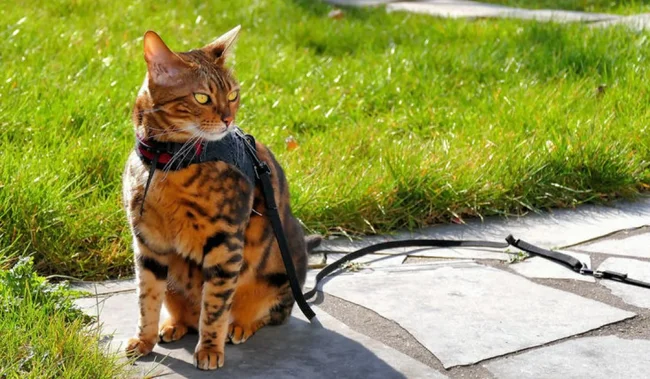
Owners can be fined up to $300 if their pet is found outside without a leash.
In addition to tackling domestic cats, the government is spending millions of dollars trying to eradicate feral cats, including plans to use artificial intelligence, drone-powered thermal cameras and DNA tracking technology to identify and humanely kill the predators.
Add your comment
You might be interested in:












